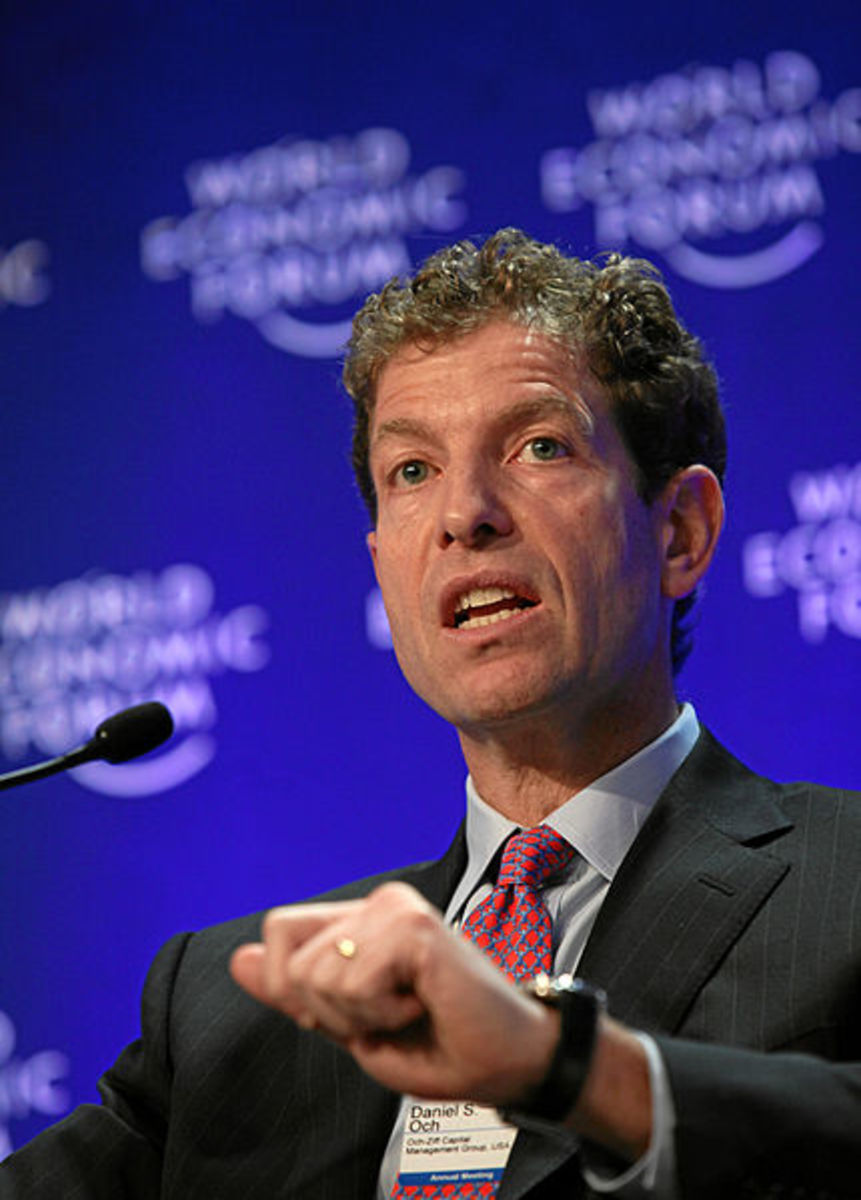A website launched this summer aims to address the justice gap by making it easier for clients to find the right lawyer and by providing lawyers — primarily solos — with free practice management software to reduce their cost of providing legal services.
On the front end, Xira is a lawyer-matching site through which clients can search for lawyers who match their legal issue and budget, and then directly book a consultation with the lawyer they choose and meet with that lawyer in a Zoom video call.
On the back-end, Xira is a no-cost and no-obligation service for lawyers that provides free access to a suite of cloud-based practice management software that includes case management, time management, document management, electronic invoicing, online calendaring and booking, and secure messaging.
It even includes the cost of Zoom audio and video calls with clients, regardless of whether the clients originated through Xira.
The only cost to the lawyer is a fee of $30 for a new client booking, incurred when a client finds, books and meets the lawyer on Xira.
In addition, if a lawyer opts for the ability to receive electronic payments of invoices through Xira, there is a charge for that service of $10 per month.
A lawyer can can also elect to increase document storage from the standard 2Gb that comes free to 100Gb for an additional $10 a month. But these charges are entirely optional.
Founder Reza Ghaffari, who was formerly chief operating officer of telecommunications company Coriant until its 2018 acquisition by competitor Infinera for $430 million, sees Xira as a vehicle to help solo lawyers be more successful by operating more efficiently.
Ghaffari sees a legal market in which a large number of lawyers have gone out on their own, often virtually and many part-time. At the same time, there are large numbers of consumers who are not getting the legal help they need.
“Let’s put these together,” Ghaffari said of his reason for founding Xira. “Let’s provide a product that helps solos expand their practice. We also wanted to create a place to make it simple for users to find the right advice they want.”
Searching For A Lawyer
For clients in search of a lawyer, Xira provides several filtering options to help them find the right match of an attorney who concentrates in their area of need.
They start on the home page by entering the type of legal issue they have and their state. That search opens a results page showing brief profiles of the lawyers who match (or cards, as Xira calls them). These profiles show the lawyers’ rate for an initial consultation, standard billing rate, and next-available meeting time.
The client receives immediate confirmation of the scheduled consultation.
The order in which attorneys appear on the results page is randomized to give a fair shot to all attorneys on the platform. The client can click through a profile to see a lawyer’s full biography, which includes more details about the lawyer’s practice, experience and fees, as well as an expanded live calendar of available meeting times.
On the search results page, filters enable clients to narrow results in several ways:
- By availability to meet, ranging from immediately to within 30 days.
- By hourly rate.
- By those who offer free consultations.
- By those who offer flat fees or contingency fees.
- By ratings.
- By languages spoken.
Once the client selects a lawyer, the client picks a meeting time from the calendar that shows the lawyer’s availability and receives immediate confirmation.
The platform allows clients to rate attorneys they use and those ratings are available to others who come to the site. For attorneys who are new to the site, Xira will help them import ratings from other sites such as Google, Yelp or Avvo.
Managing Clients and Cases
For attorneys using Xira, their starting-off point is a dashboard where they can manage their cases, billing, messaging, and other activities.
 Lawyers manage their cases and consultations through a dashboard.
Lawyers manage their cases and consultations through a dashboard.
When a new client books a consultation through Xira, the client receives confirmation immediately and the appointment appears immediately in the lawyer’s Xira calendar. Xira can synchronize with calendars in Office 365, Google and iCloud. The attorney clicks on the calendar appointment to see the client’s details.
Xira allows the attorney to control the timing of bookings. The attorney can set a minimum amount of advance notice and set breaks or buffers between meetings.
When the time comes for the meeting, both the attorney and client are put in a lobby until the meeting starts. At the scheduled time, they can each join the meeting.
 Xira’s platform includes a document vault for each case.
Xira’s platform includes a document vault for each case.
If the client retains the attorney, the attorney can then open a new case case in Xira and manage its activity and billing through the platform. For each new case, a document folder is also created. The client gets access to this folder and is notified whenever the attorney adds a document. The client can read and download documents, but cannot delete them.
Each case also includes secure messaging where the lawyer and client can exchange text messages.
Xira also provides a mobile app in which all of these features are available.
Future Development
Xira formally launched in July in California, and so far that is where it has centered its marketing to consumers and where most of the listed lawyers are located. Later this year, it will expand its marketing to New York and Florida, and plans eventually more broadly.
In the meantime, lawyers in any state are free to register for the site, which costs nothing and takes less than 10 minutes.
Xira also plans to build out the ecosystem of legal professionals who use the platform so that attorneys could associate with each other for temporary assignments or refer cases to each other. The plan would also provide lawyers with access to paralegals through the platform.
The company is currently seeking angel funding to help finance its marketing and development plans.
Bottom Line
It costs literally nothing for an attorney to sign up with Xira. For that nothing, attorneys get a practice management platform, audio and video conferencing, and the potential of new clients. Only if a client books a consultation and meets with the attorney is there a fee, and then it is a relatively minimal $30.
To be clear, Xira’s practice management software is not a full-featured platform that could support a law firm. It is designed for solos. There is no ability to connect one lawyer’s Xira account with that of others in the same firm or to share calendars, tasks or documents with colleagues.
But for a solo, Xira is a platform worth checking out. I’ll repeat that a lawyer can use this to manage all the lawyer’s cases, not just those that come in through Xira. That includes the online scheduling and videoconferencing. Need to schedule a meeting with a current client? Send the client to Xira to book time on your calendar.
“The long-term vision is to make the practice of solos more efficient so they can have more billable hours,” Ghaffari told me. “If they have more billable hours and fewer operating costs, then maybe they will reduce their prices, so many people who need legal advice will be able to get it.”
 Staci Zaretsky is a senior editor at Above the Law, where she’s worked since 2011. She’d love to hear from you, so please feel free to email her with any tips, questions, comments, or critiques. You can follow her on Twitter or connect with her on LinkedIn.
Staci Zaretsky is a senior editor at Above the Law, where she’s worked since 2011. She’d love to hear from you, so please feel free to email her with any tips, questions, comments, or critiques. You can follow her on Twitter or connect with her on LinkedIn.










 Jordan Rothman is a partner of
Jordan Rothman is a partner of 



 Jill Switzer has been an active member of the State Bar of California for over 40 years. She remembers practicing law in a kinder, gentler time. She’s had a diverse legal career, including stints as a deputy district attorney, a solo practice, and several senior in-house gigs. She now mediates full-time, which gives her the opportunity to see dinosaurs, millennials, and those in-between interact — it’s not always civil. You can reach her by email at
Jill Switzer has been an active member of the State Bar of California for over 40 years. She remembers practicing law in a kinder, gentler time. She’s had a diverse legal career, including stints as a deputy district attorney, a solo practice, and several senior in-house gigs. She now mediates full-time, which gives her the opportunity to see dinosaurs, millennials, and those in-between interact — it’s not always civil. You can reach her by email at 
